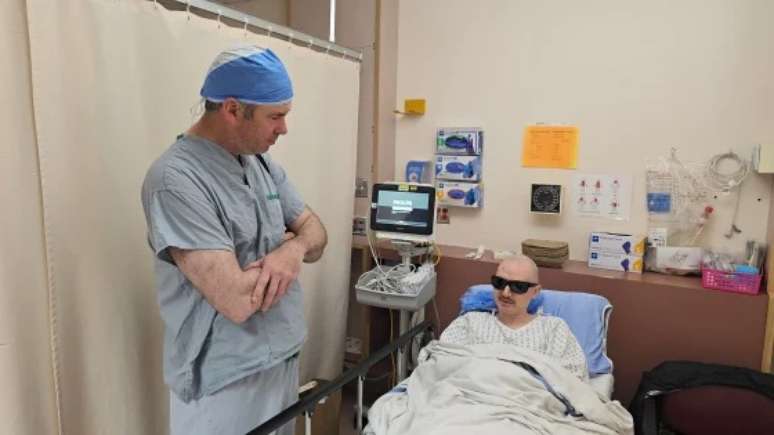In the research, one in five women who uses the app has done some intervention, such as filling and plastic; Take a look at the care that should be adopted
Women who use relationship applications are more predisposed to doing aesthetic procedures show a New searches published in Computer in human behaviorPeriodical that investigates how technology influences people’s behavior.
Researchers from the University of South Australia evaluated 308 volunteers aged 18 and 72. Half had regularly used this type of application in the previous two years and of these, one in five (20%) reported having done at least one intervention, such as filling and even plastic surgery, such as rhinoplasty.
But this phenomenon is not limited to the relationship apps. The manipulation of photos and the use of filters and other characteristics on social networks in general can cause pressure to change the physical appearance, which in turn can lead to dissatisfaction, car -accepting problems, low self -esteem and even anxiety and depression.
For the dermatologist Barbara Miguel, from the Israelite hospital Albert Einstein, the search for social networks has already been observed in the offices. “People are looking for pores, perfect, 100% without imperfections and we have been able to improve in many ways, but often it will not be possible to reach the level of perfection of a photo with Instagram filters”, exemplifies the doctor. “It takes an honest conversation to bring to reality and explain that what you often see on the social network may not apply to your case.”
Another warning is the interest generated by interventions that will not bring the expected result or, worse still, can even offer serious risks. “There are many cases of inadequate procedures, with products that cannot be used, which lead to unexpected results. This has been increasingly frequent,” says Barbara Miguel.
It is worth remembering, however, that the problem is not doing procedures, but the reasons behind the base. “The aesthetic procedures are great allies and there is no damage to make them feel better. But the motivation must be you, never the other”, advises the doctor. “You shouldn’t do anything based on what the other will find or what you think that the other will find, as this can bring frustration.”
How to reduce risks before a procedure?
The dermatologist recommends always looking for a qualified professional – preferably, dermatologist or plastic surgeon – with specialization and experience in the area. Check if you have the necessary credentials, such as the registration of specialized qualification (RQE) and registration with regulatory agencies, such as the Regional Medicine Council.
Take a look at other care before presenting any intervention:
- Do not select the professional only through social networks, based on the number of followers. Nor are you guided by photos of the “before and after” type, as there may be manipulation or the result may not apply to the particular case;
- Careful medical evaluation is essential to know your true desires and motivations and to establish realistic expectations based on your profile;
- Never do it to please others: this can lead to the search for unattainable perfection and generate dissatisfaction. Nor should they be made by FADS;
- Always keep good communication with your doctor so that he can know his story and establish a personalized treatment, choosing the best option;
- Find out well the advantages and dangers. Each procedure has risks, but the probability of occurring can be reduced to a minimum with a qualified professional and a correct evaluation. Otherwise, even small risks can be improved;
- Do not trivialize aesthetic procedures.
Source: Terra
Ben Stock is a lifestyle journalist and author at Gossipify. He writes about topics such as health, wellness, travel, food and home decor. He provides practical advice and inspiration to improve well-being, keeps readers up to date with latest lifestyle news and trends, known for his engaging writing style, in-depth analysis and unique perspectives.








